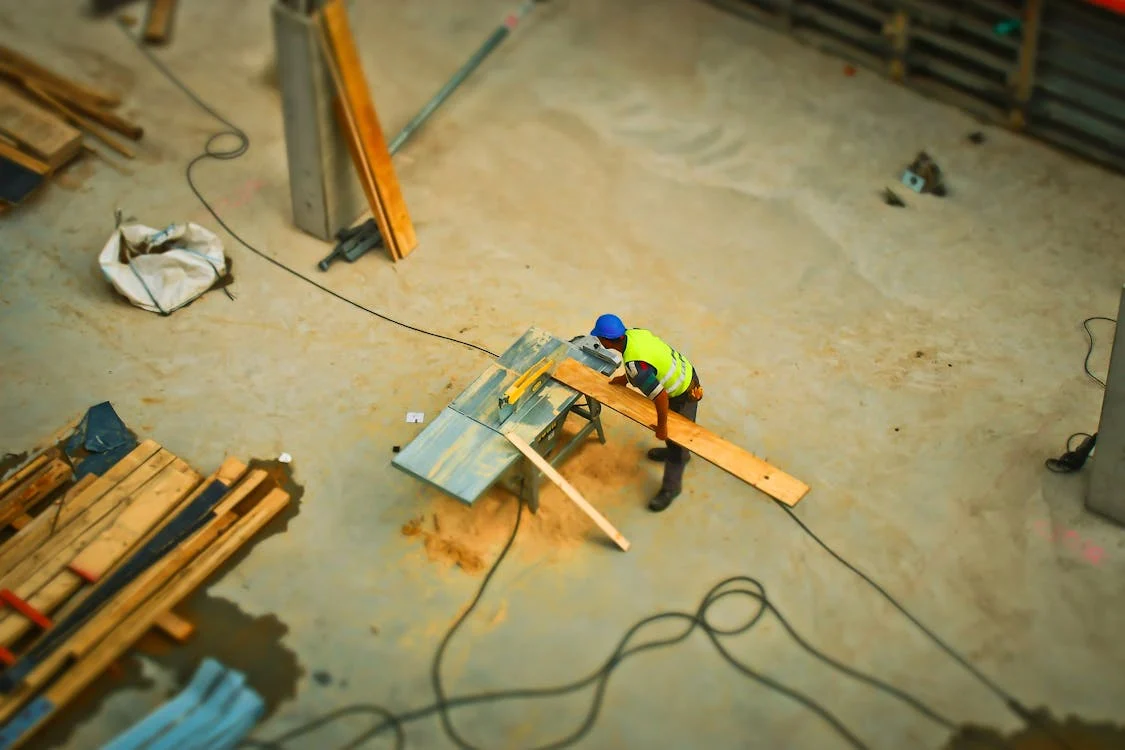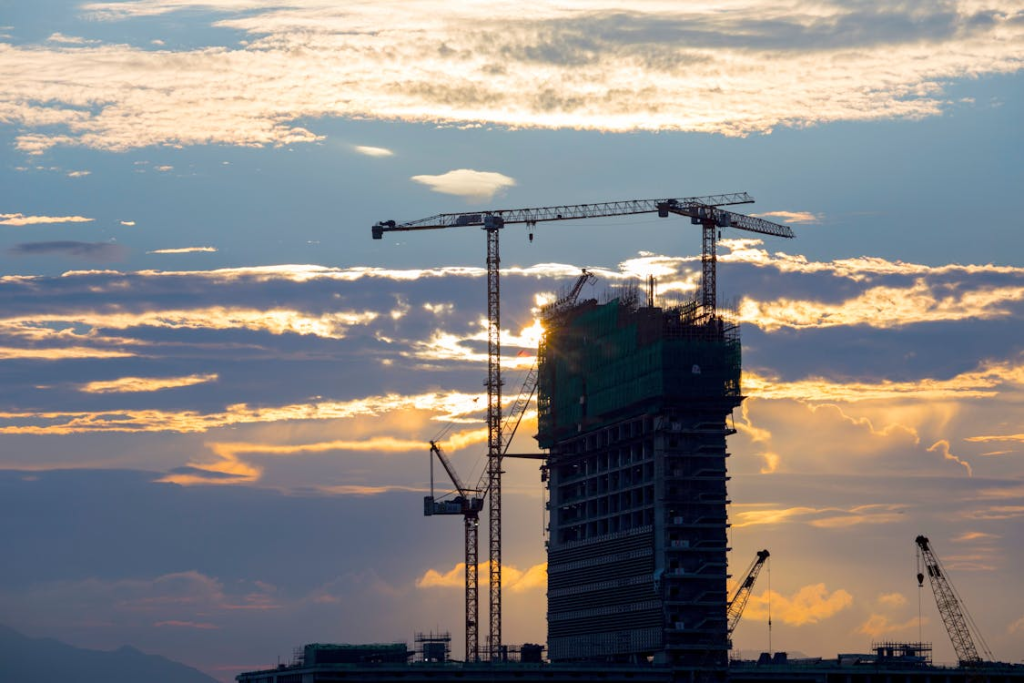Delays are a common problem in construction projects and can significantly impact project timelines, budgets, and overall success. Understanding the different types of delays can help project managers and contractors mitigate their effects. Read on as delay damage experts explore four key types of delays that frequently disrupt construction projects and offer insights into how to manage them.
1. Excusable Delays
Excusable delays occur due to factors beyond the control of the contractor and the client. These include extreme weather conditions, natural disasters, and unforeseen events such as strikes or supply chain disruptions.
While excusable delays may not result in penalties for contractors, they often lead to extended deadlines. Proper planning and risk assessments can help mitigate the impact of excusable delays by allowing for contingency time in the project schedule.
2. Non-Excusable Delays
Non-excusable delays are typically the responsibility of the contractor and are avoidable. These delays stem from poor planning, insufficient staffing, or substandard execution of work.
When non-excusable delays occur, contractors may face penalties or compensation claims from clients. To avoid non-excusable delays, clear project timelines, adequate resource management, and effective communication among all stakeholders are essential.

3. Compensable Delays
Compensable delays occur when the client or owner is at fault for causing the delay. These can include late approval of designs, delayed payments, or failure to provide necessary information on time.
When compensable delays happen, contractors are entitled to an extension of the project schedule and financial compensation. Clear communication and prompt decision-making from the client can help avoid construction delays.
4. Concurrent Delays
Concurrent delays happen when both the contractor and the client contribute to the delay simultaneously. In such cases, determining responsibility can be complex, and both parties may share the cost and time implications of the delay.
Concurrent delays often require detailed documentation and careful analysis to allocate responsibility fairly. Open communication and regular progress tracking can help reduce concurrent delays.
Minimize Delays with Expert Construction Delay Prevention Solutions
Don’t let construction delays derail your project! At HPM Consultants, we specialize in identifying and managing delays to keep your project on schedule and within budget. Contactour delay damages experts in Los Angeles today for professional project management solutions that ensure timely and successful project completion.



